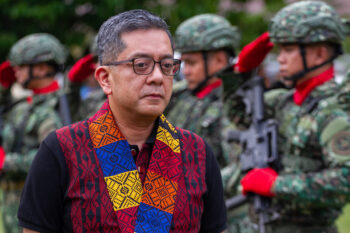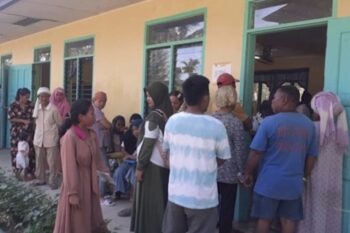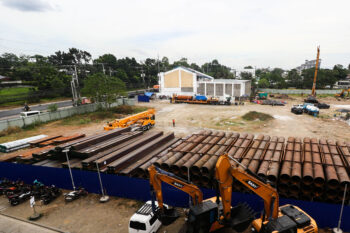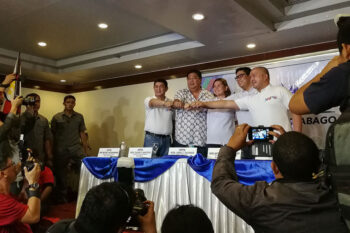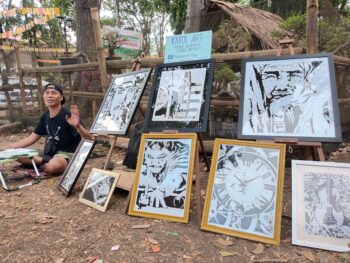COTABATO CITY (MindaNews/09 July) — We are living in a fascinating and dangerous age. This is the age of computers and internet. In a matter of seconds distances seem to disappear. People and communities are immediately interconnected via satellites. And it is just a matter of time before we find ourselves “hooked”. Being “hooked” in a computer and internet is an expression of living in what is now popularly known as the global village. While this spells reduction of physical distances, on the one hand, yet on the other hand, people have become or are becoming more distant and alienated as ever to one another. No doubt, computerization and internet have shaped a new culture. Whether we like it or not we are part of this computer age and culture.
The computer culture is making our life more complex, to say the least. First there is the “temptation” to modernize our lives and ways. And to modernize means to be “in”, that is, to use the latest hardware and software as well as to speak the language of computer and business. The world of computer and business has its own praxis and “icons”.
The second danger is our easy attitude in immediately consigning to “museum” what is considered as “out” of fashion. Here again, there is that fad to reject what is seen as “ancient” and ‘Jurassic’. Yet, people, yesterday, today and tomorrow, are not “tableau raps”. No amount of cloning and robotics shall ever reduce people into mere machines.
More than ever, we have to affirm the fact that people are shaped not only by modern cultures that our present milieu engendered but also by the collective archetypes that are found in our national as well as individual subconscious. As a matter of fact, there is no way of “foregoing” with these archetypes. There can be no “cover-up” or “technology” that will make us escape the reality that these archetypes do govern not only our desires and dream but our fears as well.
Perhaps the reason behind our common search for “rootedness” in education and formation of values is the fact that we are not truly finding home in the new culture of computer and technology. Often this search for “rootedness” finds expressions in simply “replicating” the values and praxis of our ancestors. No doubt, this effort is valid and legitimate as well as noteworthy. But valid and noteworthy it may be, we have to soon realize that this is only one aspect of that complex reality of truly being rooted into our tradition.
Outright, there are two great obstacles to this quest. The first is our “forgetfulness” or in computer jargon, the lack of a bigger built-in RAM or the stored memory capacity is “short.”
There is the preponderance to look west for paradigms not only for the management of worldly affairs but also for values and praxis in communities. Looking west is not only dictated by our “forgetfulness” but also by our fascination to be “in” as brought about by our “interconnectedness” in this computer age.
The second is the shallowness of our “return” movement to the values of our ancestors. Often, our so-called “return” movement does not include the culture that engendered, nurtured and sustained through time and place such a given value. In short, it is a return movement that hardly touches the ethnos of both the people and the place where the value and belief are planted.
Then there is also the “hardening of our hearts” or the sheer stubbornness by ever deeply digging in our heels in our perceived “right/correct” praxis in modern life and community.
Fr. A. de Mello’s story best illustrates this phenomenon. A woman suddenly stops a man walking down the street and says: “Henry, I am so happy to see you after all these years! My, how you have changed. I remember you as being tall and you seem so much shorter now. You used to have a pale complexion and it is really so ruddy now. Good grief how you have changed in five years!”
Finally, the man got a chance to interject: “But ma’am, my name is not Henry!” To which the persistent woman calmly responded: “Oh, so you changed your name too!”
It is often said that Filipinos though displaying a western facade is governed or deeply influenced by the more primitive in us. Scrape the thin veneer of that western culture, there appears stark naked the primitive values and mores. We are not Henry’s and we have not changed our names, too!

